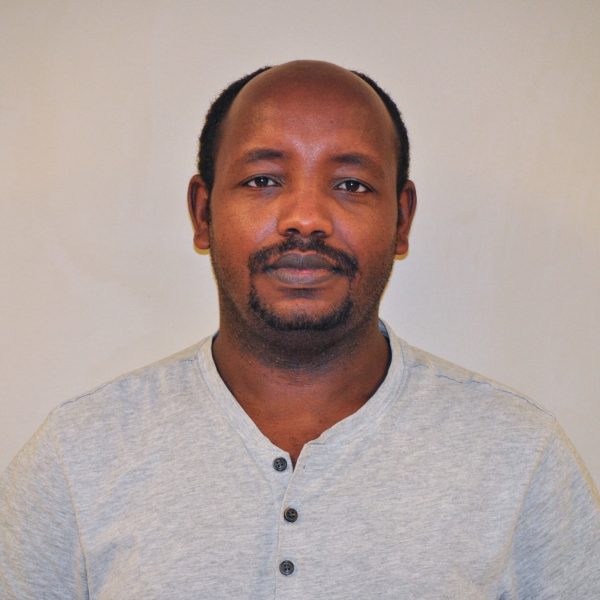Gate Acknowledges Genocide Anniversary
Members of the Colgate community gathered to reflect on the 92 anniversary of the Armenian Genocide at a lecture entitled, “Commemorating the Armenian Genocide and Remembering Hrant Dink.” The event focused on the history of the genocide, personal experiences and the reverberations of the January assassination of Turkish-Armenian writer Hrant Dink. It featured student readings and a guest speaker, SUNY Oneonta’s Assistant Professor of Mass Communication, Gayane Torosyan.
Donald M. and Constance H. Rebar Professor in the Humanities and Professor of English Peter Balakian outlined some of the history of the genocide for the audience.
“It was on this day [April 24] that more than 250 intellectuals, writers, clergy, teachers and community leaders, were arrested by the Turkish government, and sent – first by bus and then by train – out of Constantinople to a large armory where they were imprisoned; most of them [were] tortured and killed,” Balakian said.
April 24, 1915 marked the beginning of an enormous campaign to exterminate the Armenian population within the Ottoman Empire. It began with the rise to power of the Young Turks, a secular and radical political sect. Under the guise of national security, the Turkish government began to subjugate the minority Armenian population. Balakian noted that the resulting bloodshed culminated in what many believe was an overt and systematic killing of an ethnic group.
“One of the reasons why we commemorate April 24, 1915 both inside and outside the Armenian community is because [it] represents the first instance of modern genocide, the first time modern methods were implemented,” Balakian said. “In the end, close to a million-and-a-half people perished; another million were sent into exile.”
Balakian then introduced Torosyan, saying that her presence was a “special pleasure” because of the unique perspective she could bring to Hamilton as a native of Armenia.
Torosyan grew up in Armenia. Although the U.S.S.R. controlled the country during her childhood, the Armenians were allowed to commemorate the genocide. She spoke about her personal experiences as an Armenian and reflected on the impacts the genocide had on her family members and herself, telling the story of how her grandmother survived the ordeal.
“This 12-year-old girl was escaping from her village with a dying mother following her. She was carrying her two brothers – they were toddlers – and her mom could only say ‘Drop them. Drop them and run away.’ She didn’t drop them, and she carried them all the way to Eastern Armenia,” Torsyan said. “The boys grew up to be fathers, and husbands, and grandparents.”
Turkey – as well as the United States and Great Britain – does not officially recognize the Armenian genocide. Torosyan lamented the strained relations between Armenia and Turkey. There is still much resentment on both sides.
“[Hatred] prevented any significant dialogue that could have taken place between the two countries,” she said.
After Torosyan’s reflections, two students – first-year Ani Kavookjian and sophomore Theresa Kevorkian – read from Hrant Dink’s works. Dink was an editor, journalist and columnist assassinated while under investigation by the government for “denigrating Turkishness.” The readings showed the resonance of the Armenian genocide today.
“The assassination of Hrant Dink ripped through everyone like a jagged saw,” Balakian said. “In the wake of his death, a number of Turkish scholars and writers left the country for fear of their lives. There is a movement there now of intensified fear about these right-wing vigilante killings.”
Kevorkian helped organize the event because she understood the importance of remembering the past. She has an Armenian background.
“I grew up with this culture, she said. “It is a very rich culture, and if it’s anywhere in your family, it tends to permeate. It comes through – in the food, in the stories, in the things your grandmother tells you before you go to bed.”
She thought that the event achieved two goals.
“It’s more an education and a remembrance. It’s remembrance for us and an education for others,” Kevorkian said.
Balakian also spoke of the importance of memory.
“Memory is a moral issue. Memory has a moral function,” he said.
Balakian wrote an account of the Armenian Genocide: The Burning Tigris: The Armenian Genocide and America’s Response, which was published by Harper Collins in 2003.







